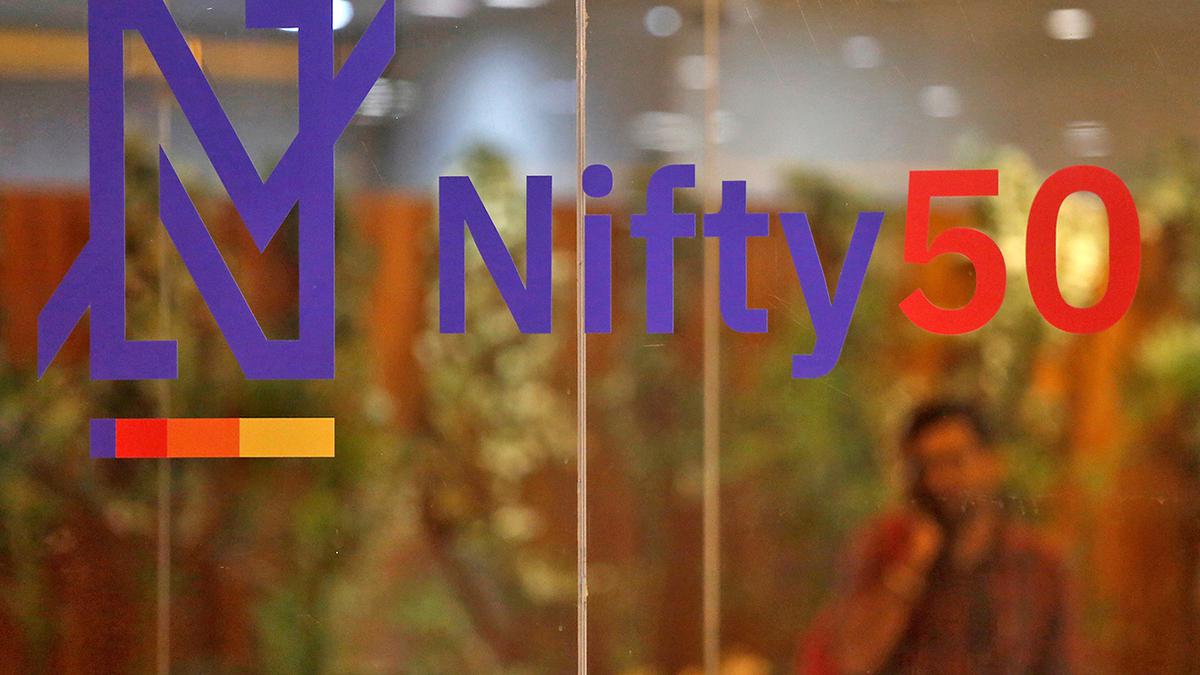
Adding Adani firms in 14 NSE indices raises worry
The Hindu
About 16% of mutual fund money is parked in index-linked funds; the biannual review of NSE indices was based on data gathered till January 31, but Adani stocks have been in meltdown after that cut-off
Financial experts have sought an urgent intervention by the National Stock Exchange (NSE) board and market regulator SEBI to review an NSE subsidiary’s move to include five Adani group firms in 14 Nifty indices, which would drive lakhs of investors’ savings into the group’s sinking stocks from March 31.
On February 17, NSE Indices said that its equity Index Maintenance Sub-Committee has decided to replace stocks in various indices with effect from March 31 as part of a periodic review. The stocks being included in its indices, among others, are Adani Wilmar (added to the Nifty Next 50 and Nifty 100), Adani Total Gas (Nifty Shariah 25) and Adani Power, which has been added to ten different indices.
NSE Indices’ move has raised concerns amid the continuing meltdown in Adani group stocks since January 24 when the US-based firm Hindenburg Research made several allegations that the Gautam Adani-led group has denied. Global index provider MSCI is reviewing the inclusion of some Adani group stocks and has already reduced their “free float” weightages.
The NSE’s most popular market benchmark, the Nifty 50, already includes Adani Ports and SEZ and Adani Enterprises. Following this review, the number of Adani group stocks in the Nifty Next 50 and the Nifty 100 will rise to six and eight, respectively. Adani Enterprises, which was already part of the Nifty 100, has been added to the Nifty 100 Liquid 15 index.
In response to queries on the rationale behind the move , NSE Indices told The Hindu that the reconstitution of Nifty Indices’ constituents is done on the basis of “objective stock selection criteria” published on its website.
“As mentioned in the [methodology] document, review of broad market indices is undertaken semi-annually based on data for six months ending January and July each year. As part of semi-annual periodicity, Index Maintenance Sub-Committee conducted a review of broad market and other category of indices based on data for six months ending January 31, 2022 and replacements in various indices in accordance with stock selection criteria…,” the firm said, adding that the changes shall come into effect from March 31 or the close of March 29.
But given the sustained fall in most Adani group stocks since the January 31 cut-off date used by NSE Indices, Jaimini Bhagwati, a financial sector expert who had handled the capital markets division at the Finance Ministry, suggested that a review of the decision would be advisable before the March 31 implementation date for the new indices.













